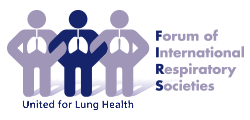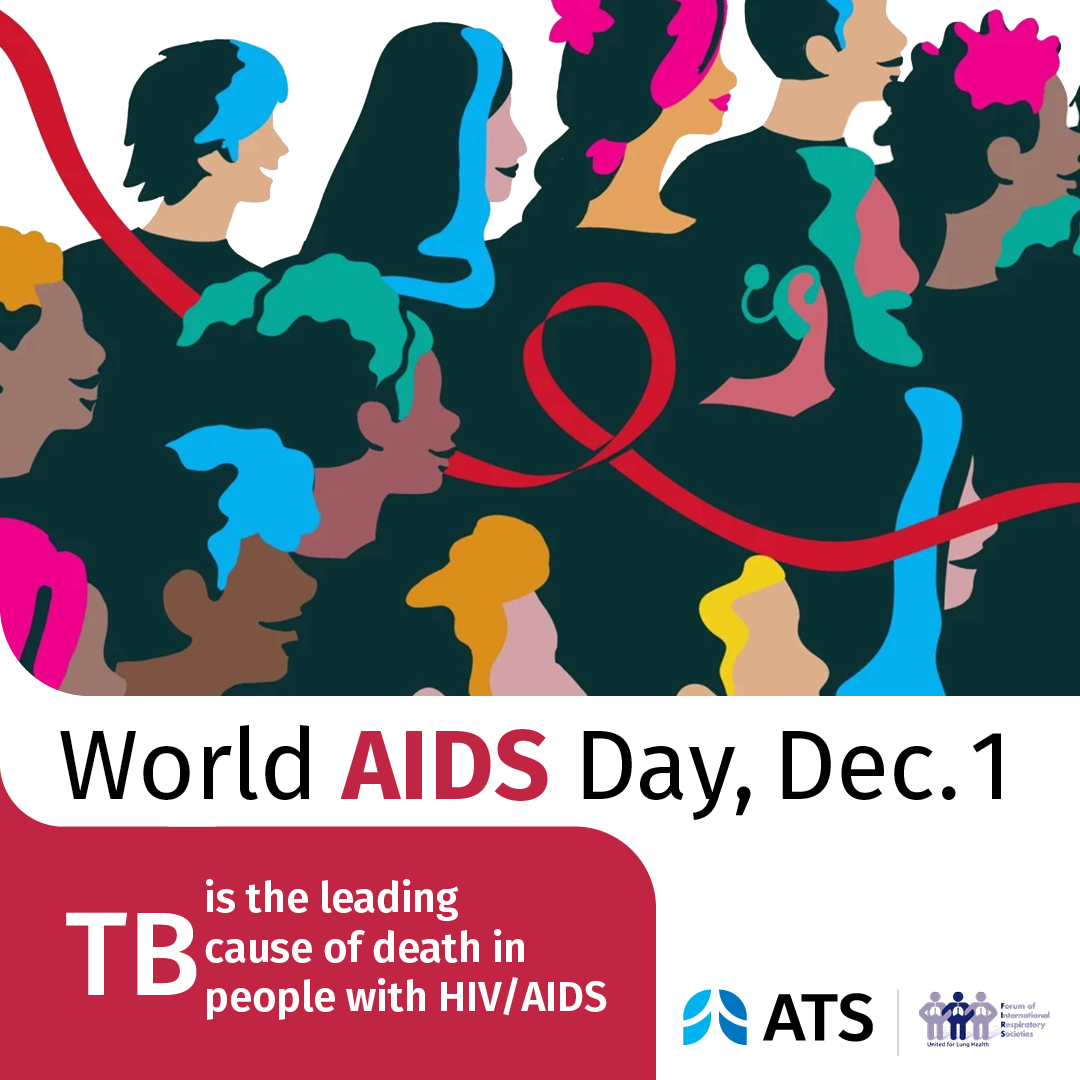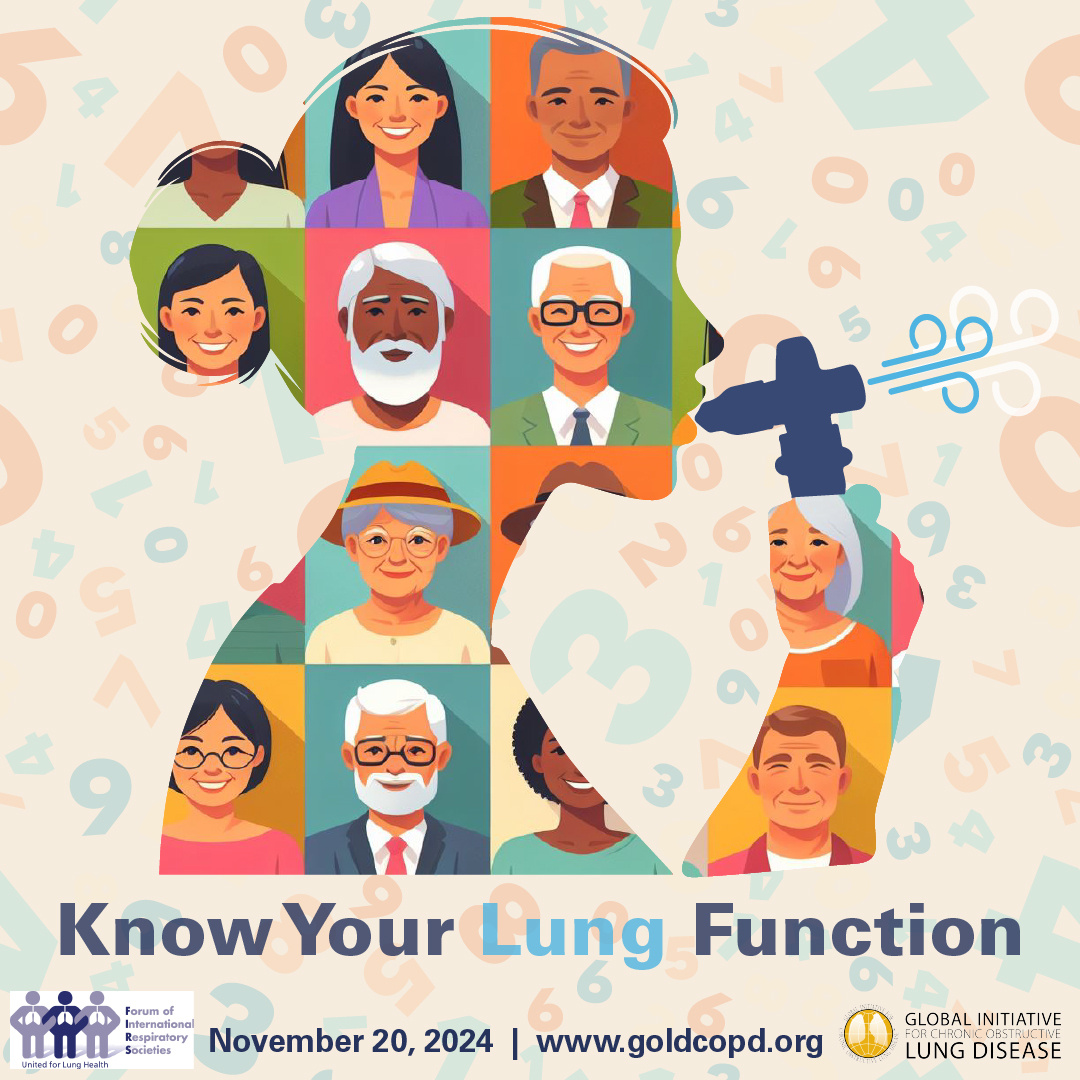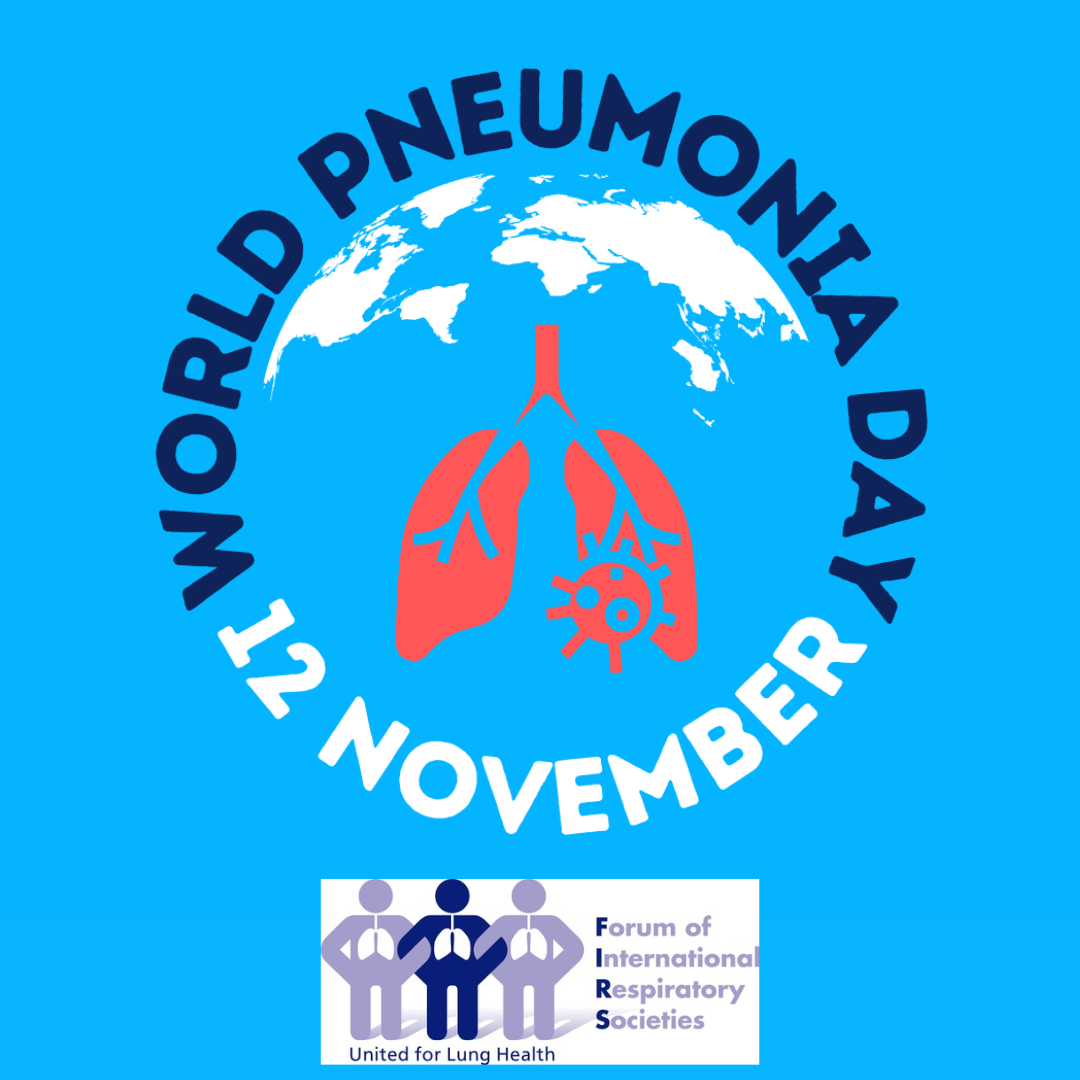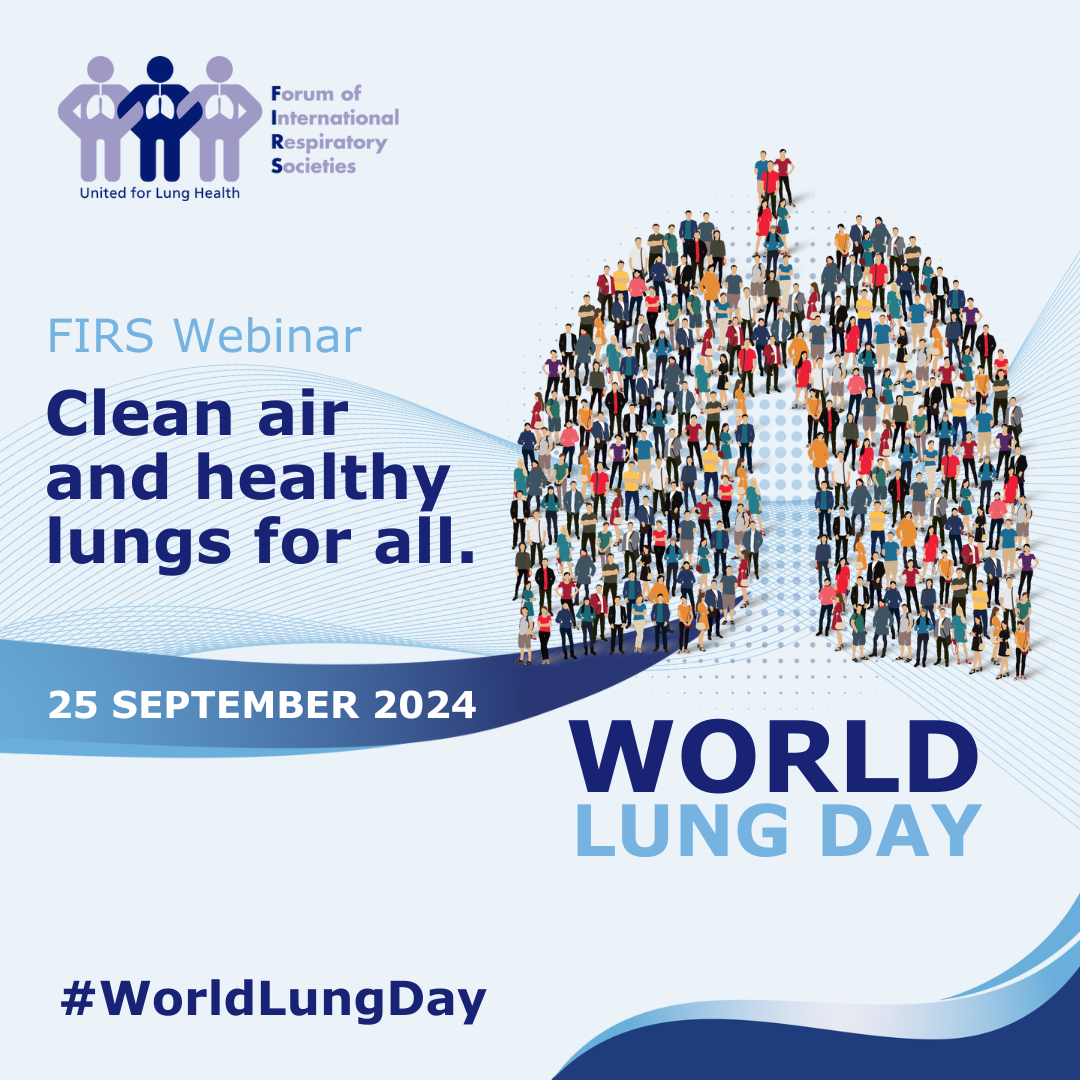The Forum of International Respiratory Societies (FIRS) note with concern the current outbreak of Ebola virus disease in West Africa. The 2014 Ebola outbreak is the largest Ebola outbreak in history and a public health emergency of international concern.
Ebola virus disease is a severe, often fatal illness. The total number of probable, confirmed and suspected cases in the current outbreak of Ebola virus disease in West Africa was 5335, with 2622 deaths, as at the end of 14 September 2014. Countries affected are Guinea, Liberia, Nigeria, Senegal and Sierra Leone. In the current outbreak in West Africa, most cases have occurred due to human-to-human transmission.
Infection occurs from direct contact through broken skin or mucous membranes with the blood, or other bodily fluids or secretions of infected people, or occasionally from contact with infected animals. Infection can also occur if broken skin or mucous membranes of a healthy person come into contact with environments that have become contaminated with an Ebola patient’s infectious fluids such as soiled clothing, bed linen, or used needles.
People at highest risk of infection are health workers, family members or others in close contact with infected people, or mourners who have direct contact with the bodies of the deceased as part of burial ceremonies. Infections among healthcare workers are a particularly alarming feature of this outbreak, with approximately 318 healthcare workers known to have developed the disease, almost half of whom have died. Health-care providers at all levels of the health system – hospitals, clinics, and health posts – should be informed about the disease and how it is transmitted, and strictly follow recommended infection control precautions.
Typical signs and symptoms of infection includesudden onset of fever, intense weakness, muscle pain, headache and sore throat followed by vomiting, diarrhoea, rash, impaired kidney and liver function and bleeding. The incubation period is from 2 to 21 days. Patients become contagious once they begin to show symptoms; they are not contagious during the incubation period. Laboratory findings include low white blood cell and platelet counts and elevated liver enzymes. Ebola virus disease infections can only be confirmed through laboratory testing.
Treatment is supportive; there is currently no specific treatment to cure the disease. To help control further spread of the virus, people that are suspected or confirmed to have the disease should be isolated from other patients and treated by health workers using strict infection control precautions.Currently, there is no licensed medicine or vaccine for Ebola virus disease, but several products are under development and study.
The risk of Ebola transmission for travellers is very low given that close contact with a patient or an infected animal is needed.
FIRS strongly endorses the World Health Organisation call for strengthening of infection prevention and control measures in affected countries. FIRS also endorses the need for development of Ebola surveillance, preparedness and response plans in all non-affected African countries and forstrengthening of laboratory capacity. FIRS further supports the call for urgent provision of additional resources to develop an effective vaccine and treatment.
Additional information can be found at:
About the Forum of International Respiratory Societies (FIRS)
The Forum of International Respiratory Societies (FIRS) is an organization comprised of the world’s leading international respiratory societies working together to improve lung health globally: American Thoracic Society (ATS), American College of Chest Physicians (ACCP), Asociación Latinoamericana De Tórax (ALAT), Asia Pacific Society of Respirology (APSR), European Respiratory Society (ERS), International Union Against Tuberculosis and Lung Diseases (The Union) and the Pan African Thoracic Society (PATS). The goal of FIRS is to unify and enhance efforts to improve lung health through the combined work of its more than 70,000 members globally.
